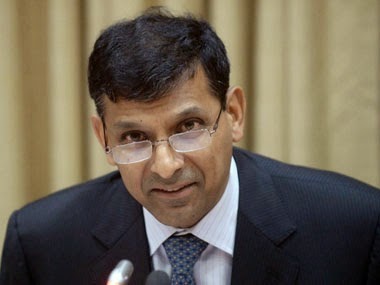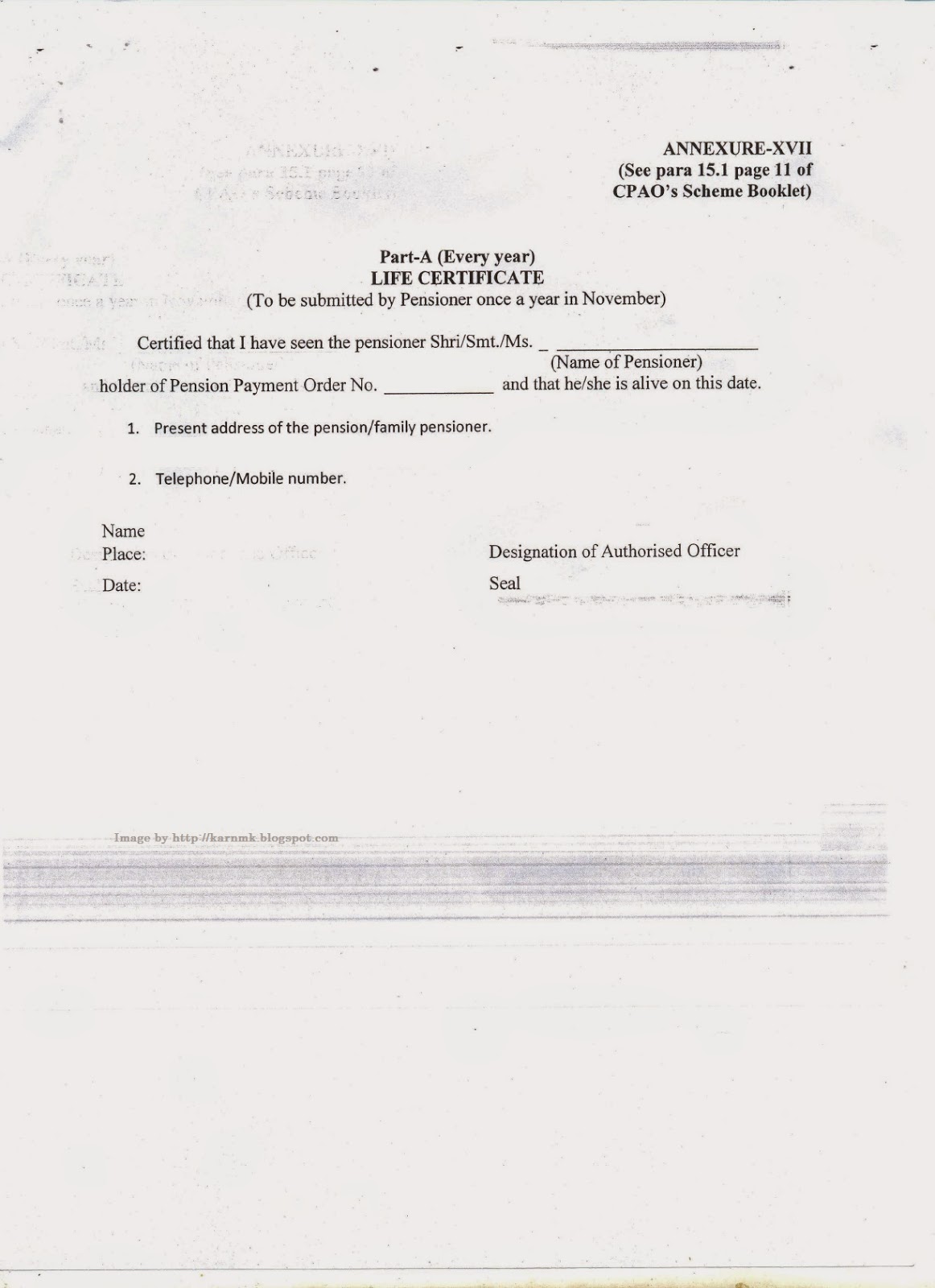Postal bank set to become a reality, says Rajan
The country will see many new banks in the coming years, including a postal bank promoted by the postal department, Reserve Bank of India (RBI) governor Raghuram Rajan said on Thursday.
Speaking on the occasion of commemorating 80 years of the central bank, the governor said, “In the coming year, we will have many new players in the banking eco-system, such as payments banks, small finance banks and possibly a postal bank competing with existing universal banks, regional rural banks, cooperative banks, and a variety of non-bank finance companies.”
The department of posts has already applied for a payments bank licence after RBI initiated the licensing process last year. Payments banks are niche banks which will be allowed to function with several restrictions; they will not be allowed to lend and will have a cap on the deposit it can take from an individual. A postal bank, if it gets a licence from RBI, will be a universal bank.
A task force under T S R Subramanian for suggesting ways to leverage the post office network has recommended that the government set up a holding company under the department of posts for immediate roll-out of banking, insurance and e-commerce services through India’s 155,000 post offices. The task force had submitted its recommendation last December.
Rajan also said the central bank has successfully developed a liquid government bond market, which gave the government the confidence to think of issuing 40-year bonds. “The rupee is truly becoming international, as foreign institutions queue up to issue rupee-denominated bonds. New products supported by RBI, such as the recently introduced interest rate futures contract, are doing roaring business on exchanges,” he said.
The former chief economist of the International Monetary Fund (IMF), however, also said the task of the central bank is far from over, particularly so far as infrastructure financing is concerned. He also reminded that banks already have too much exposure to infrastructure while big corporate infrastructure players have also taken too much debt.
“Going forward, we need to develop new sources of risk capital so that our infrastructure needs can be financed with a moderate amount of debt, even as we help the system deleverage,” he said.
In his speech as the chief guest at the function, Prime Minister Narendra Modi highlighted the need to extend finance to the poor.
Modi urged RBI to take the lead in encouraging financial institutions to set concrete targets for financial inclusion over the next 20 years, to help transform the quality of life of the poor.
“I come as a representative of the poor, underprivileged, marginalised and tribals; I am one among them; I seek on their behalf and trust you will not disappoint me,” Modi said.
The Prime Minister also downplayed any tension between the central bank and the government over several recent proposals, including shifting of the debt management function from RBI to an independent agency.
Modi said the governor meets him once in two months and he found Rajan’s presentations simple and easy to understand.
“What this means is that maybe government and RBI’s thoughts are similar and this is possible because of that. I believe that this is very necessary and I as a representative of the government express my satisfaction on this issue,” Modi said. Modi said along with economic and social parameters, there is a need to think of a geographical parameter as well for financial inclusion. He said eastern India had immense economic potential, and the banking sector should recognise and plan for this.
The Prime Minister said the success of the Pradhan Mantri Jan Dhan Yojana and the Direct Benefit Transfer of LPG subsidy, had shown the potential of the enormous role that the banking sector can play in ensuring financial inclusion.



Comments
Post a Comment